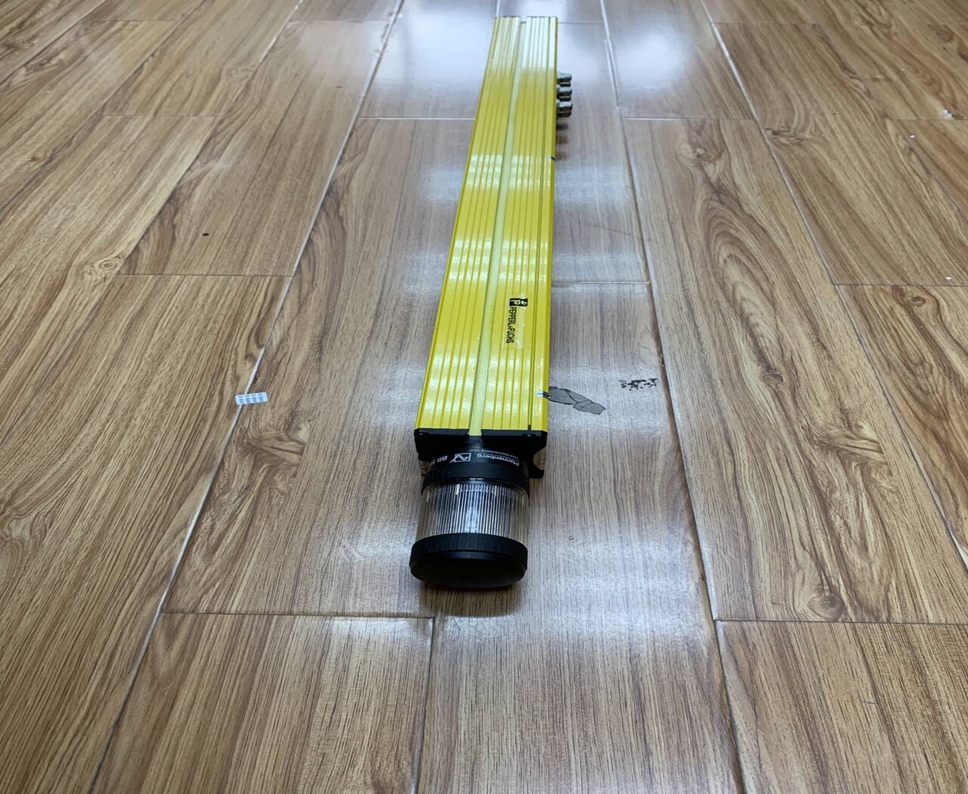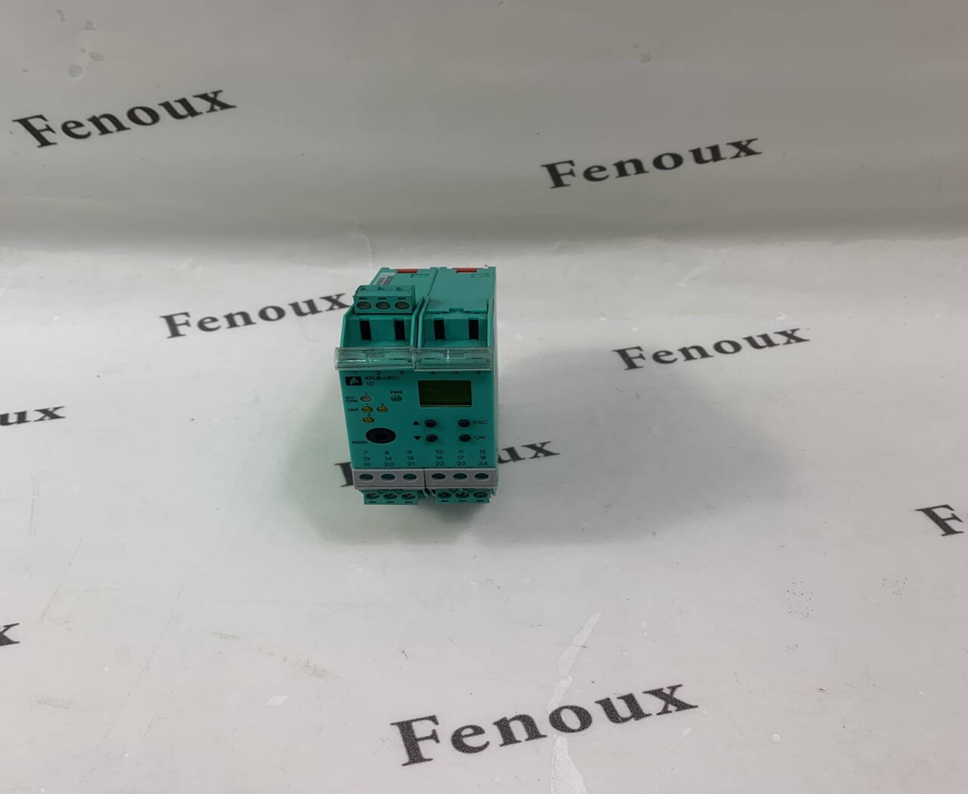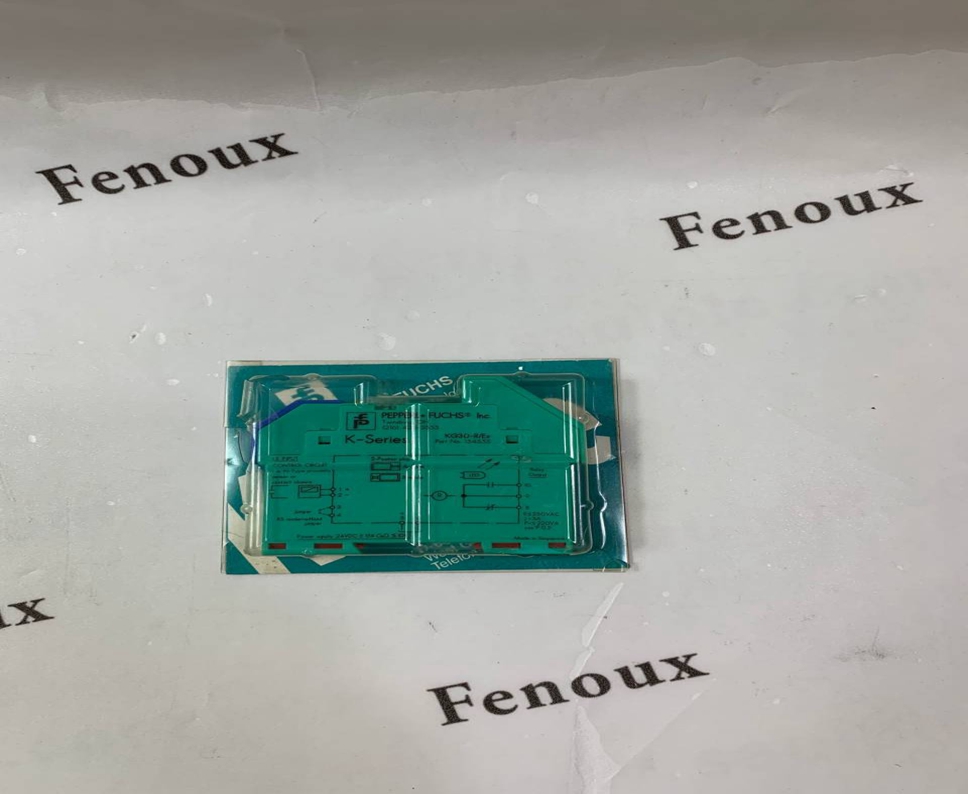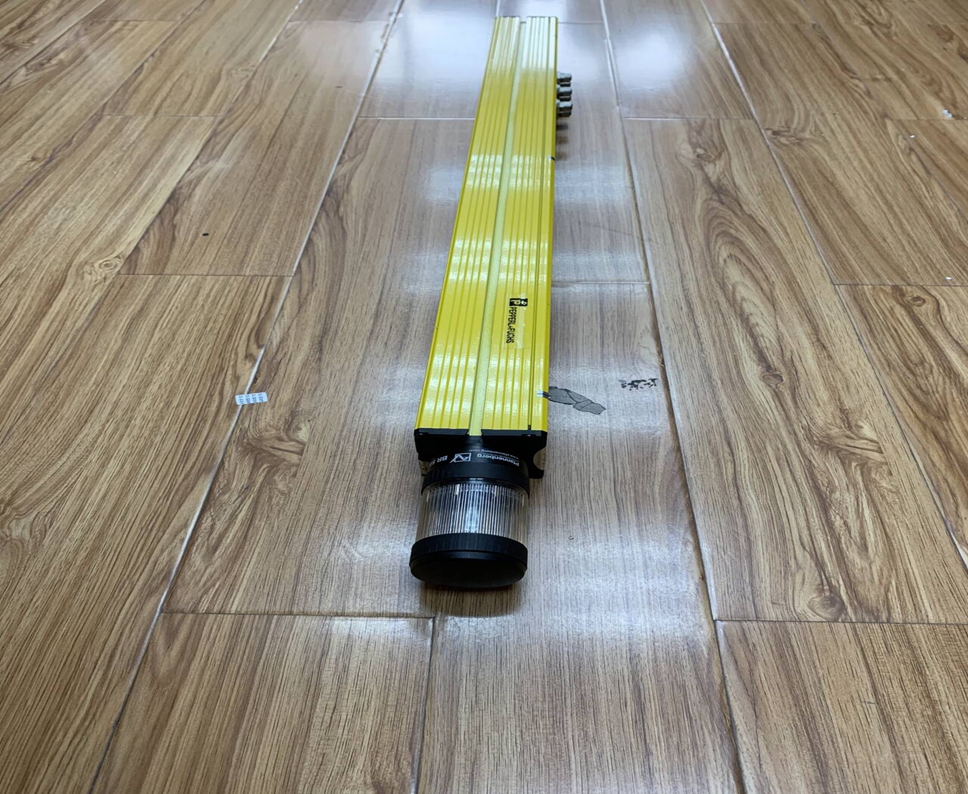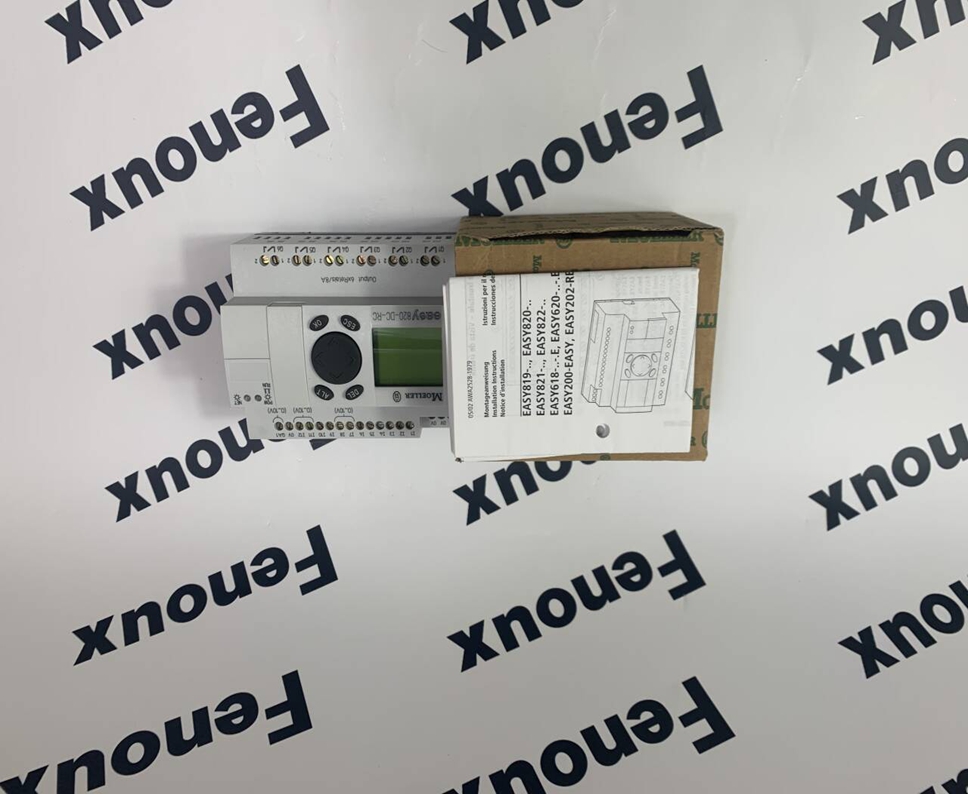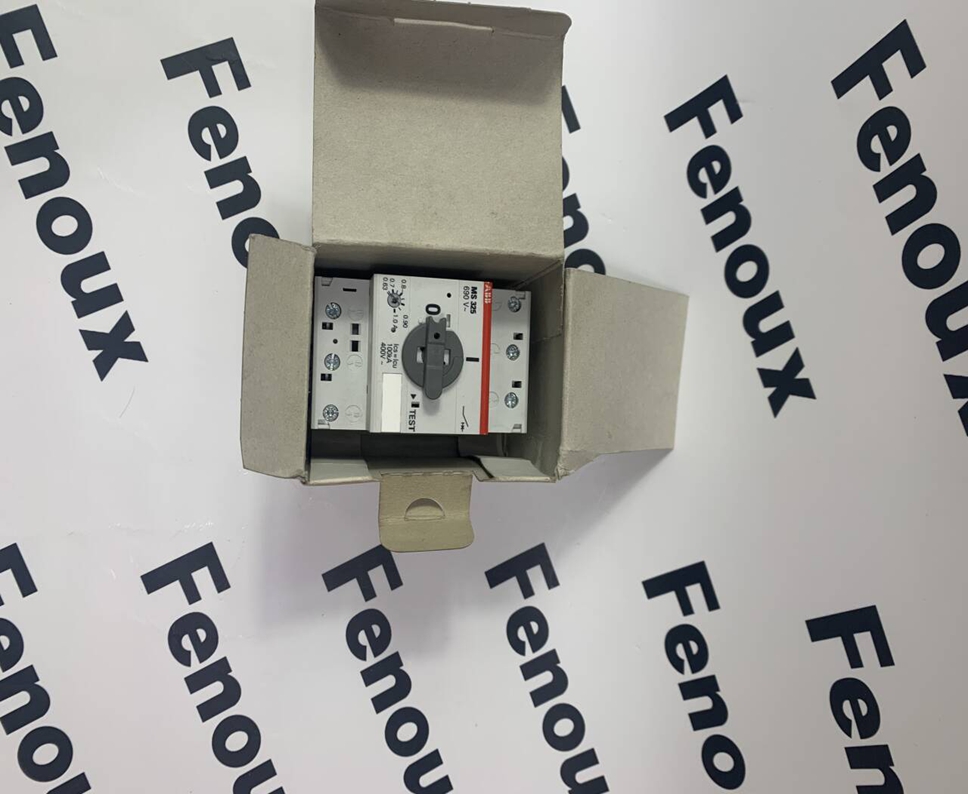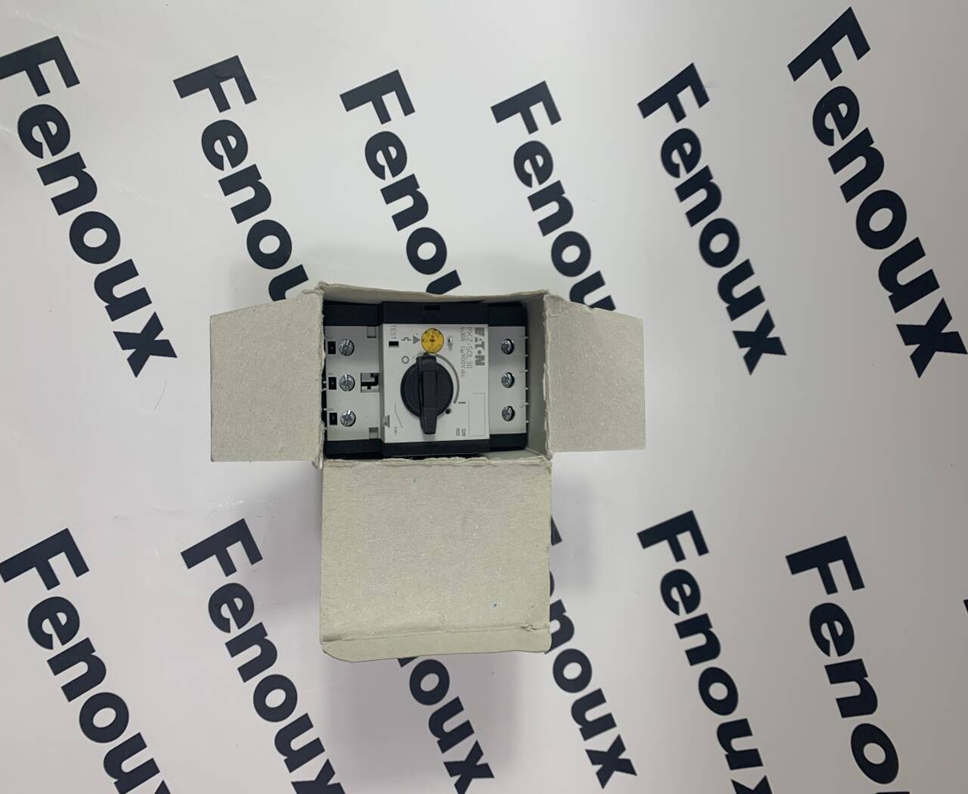Note: While Pepperl+Fuchs is primarily known for its extensive range of sensors and fieldbus components, the term "processor" in the context of their product line might refer to specific integrated circuits or modules within their devices, rather than standalone microprocessors. This response will provide a general overview based on the common applications of Pepperl+Fuchs components and the role of processors within their devices.
Product Description
Pepperl+Fuchs processors, when referred to in the context of their products, often serve as the "brains" of their devices. These integrated circuits handle tasks such as:
Signal processing: Converting raw sensor data into meaningful information.
Communication: Interfacing with various fieldbuses and networks.
Control: Executing specific functions based on the processed data.
Diagnostics: Monitoring the device's health and providing diagnostic information.
Key Features and Benefits
Robustness: Designed to withstand harsh industrial environments, including high temperatures, vibrations, and electromagnetic interference.
Flexibility: Configurable to meet a wide range of application requirements.
Reliability: Proven track record in demanding industrial applications.
Integration: Seamlessly integrates with other Pepperl+Fuchs components.
Safety: Compliant with relevant safety standards for industrial environments.
Technical Specifications (General)
Processing power: Varies depending on the specific device and application.
Memory: Sufficient for storing configuration data and processing results.
Interfaces: Supports a variety of fieldbuses (e.g., PROFIBUS, PROFINET, EtherNet/IP) and other communication protocols.
Power supply: Typically operates on a wide range of voltages to accommodate different power systems.
Environmental ratings: Compliant with relevant industry standards (e.g., IP67 for protection against dust and water).
Considerations
Application: The choice of processor depends on the specific requirements of the application, such as the type of sensors, the required processing speed, and the communication protocol.
Configuration: Processors often require configuration to match the specific needs of the application. This is typically done using software tools provided by Pepperl+Fuchs.
Compatibility: Ensure compatibility with other components in the system, including sensors, actuators, and fieldbus infrastructure.
Applications
Pepperl+Fuchs processors find applications in various industries, including:
Automotive: Monitoring production processes and quality control.
Chemical: Controlling process variables and ensuring safety.
Food and beverage: Monitoring production lines and ensuring product quality.
Logistics: Tracking and managing material flow.
Energy: Monitoring and controlling power generation and distribution.
To get more specific information about a particular Pepperl+Fuchs processor, you'll need to provide the following details:
Product code or model number
Intended application
Specific features or parameters of interest
Additional Notes:
Custom solutions: Pepperl+Fuchs often offers custom solutions to meet specific customer requirements.
Support: Pepperl+Fuchs provides comprehensive support, including technical documentation, software tools, and customer service.
By providing more details about your specific requirements, I can offer a more tailored response and help you select the right Pepperl+Fuchs processor for your application.


